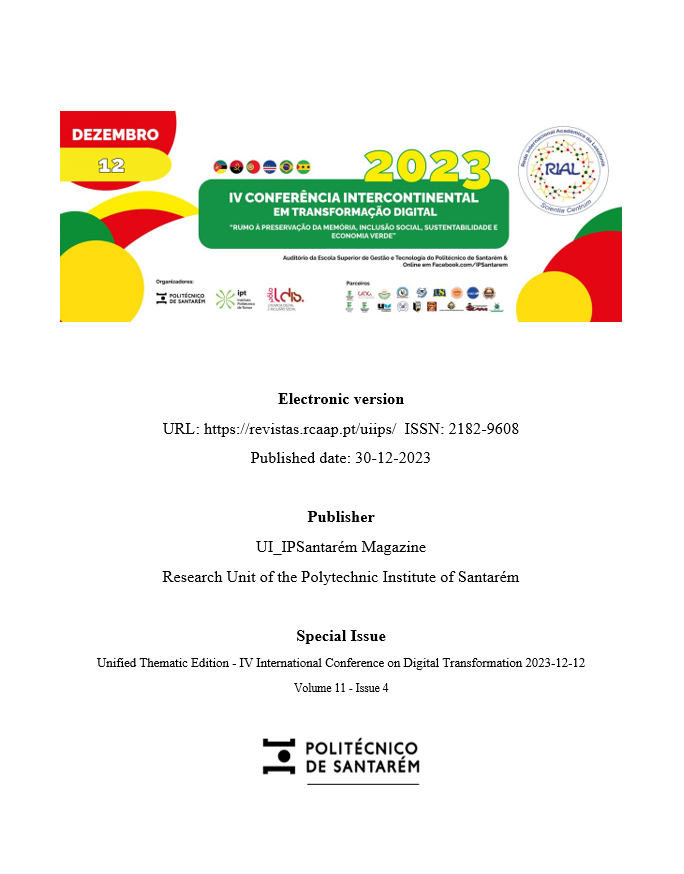The HERITAGE GAME project. Challenges for heritage and its communities
DOI:
https://doi.org/10.25746/ruiips.v11.i4.34079Keywords:
Enhancement, Cultural Heritage, Local community, low-density area, gamificationAbstract
The work presented emphasizes the importance of cultural heritage in shaping the identity of communities and highlights the vital need for these very communities to be actively involved in heritage safeguard, particularly in areas of low population density. This involvement has the capacity to strengthen social ties, promote intergenerational understanding and contribute to the oral transmission of knowledge. The paper focuses on the HERITAGE GAME project, an Erasmus+ initiative led by the Polytechnic Institute of Tomar and composed of six European universities, starting in October 2023 and ending in September 2026. The project proposes gamification as an innovative strategy applied to heritage in low-density areas. The four specific objectives of the project are to promote community and civic engagement, to create an operational framework and gamification tools, to foster partnerships and mutual learning, and to disseminate the benefits of gamification in heritage. HERITAGE GAME uses an action research methodology divided into three phases: the collection of case studies of community-based projects, the analysis, comparative study and development of a valorisation model, and finally the implementation in the different territories. The target groups identified include communities in low density areas, university students, the academic community and heritage professionals. The expected outcomes include scientific publications, the creation of a reusable gamification model, the development of a mobile application using gamification and the establishment of community relationships in the partner countries. Although at an early stage of development, HERITAGE GAME stands out as an innovative project both for its focus on community-based heritage practice and for its exploration of the potential of gamification as a tool for community-based heritage work. In the face of technological, social, and post-pandemic changes, the project aims to shift the cultural paradigm and promote a more inclusive and democratic approach to heritage conservation.
Downloads
Published
How to Cite
Issue
Section
License
Copyright (c) 2024 Célio Gonçalo Marques, Lígia Mateus, João Paulo Pedro, Ânia Chasqueira

This work is licensed under a Creative Commons Attribution-NonCommercial-NoDerivatives 4.0 International License.
Authors publishing in this journal agree to the following terms:
Authors retain copyright and grant the journal the right of first publication, with the article simultaneously licensed under the Creative Commons Attribution License that allows sharing of the work with acknowledgement of authorship and initial publication in this journal.
Authors are permitted to enter into additional contracts separately for non-exclusive distribution of the version of the article published in this journal (e.g., publish in an institutional repository or as a book chapter), with acknowledgment of authorship and initial publication in this journal.
Authors have permission and are encouraged to publish and distribute their work online (e.g., in institutional repositories or on their personal webpage) at any point before or during the editorial process, as this may generate productive changes, as well as increase the impact and citation of the published work.



